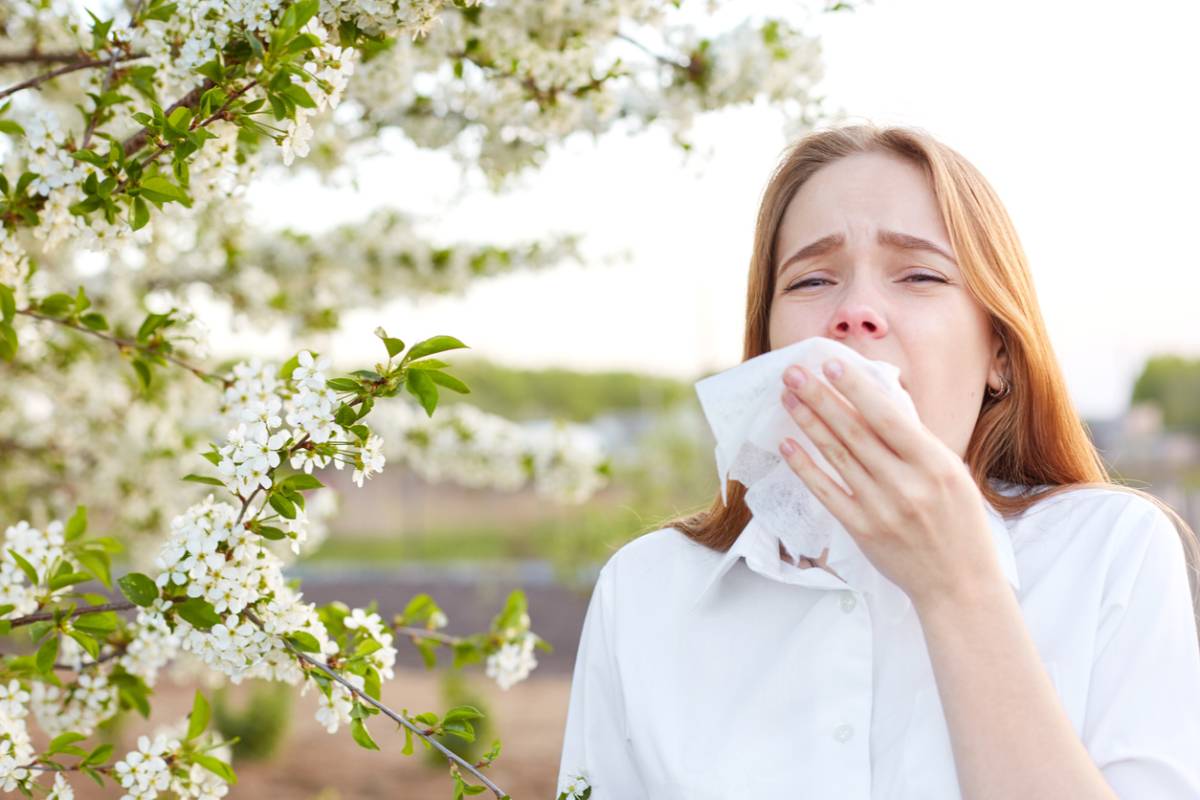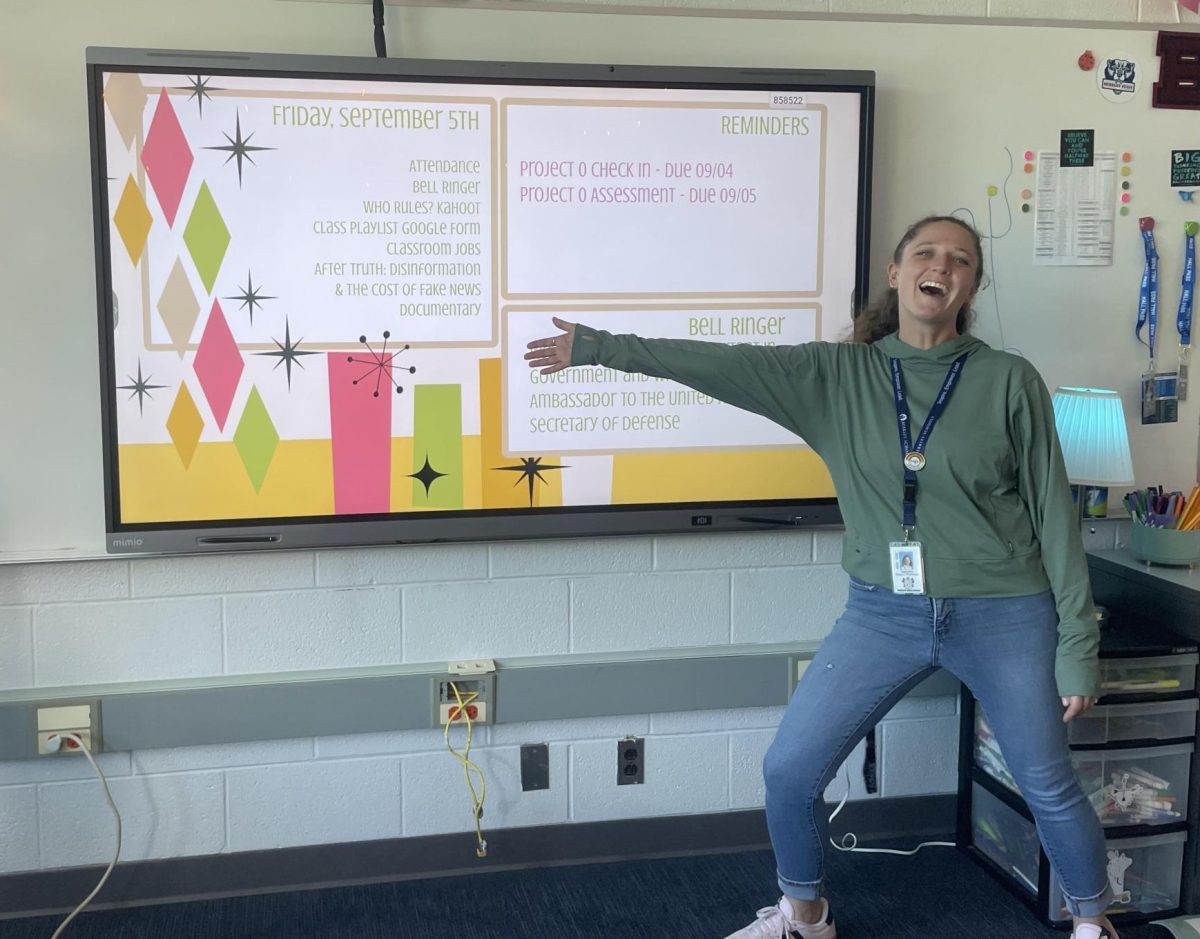Spring is finally here; the sun is out, the weather is warming up, and flowers bloom again. But this season isn’t all rainbows and sunshine; instead, for many high school students, it’s hell. Halls filled with the sounds of runny noses, sneezes, or sniffles are the result of spring allergies creeping back. Despite it all, it’s a beautiful season that brings out how miserable one can feel because of flowers, pollen, or even trees in some cases. So, if you are struggling with severe allergies, there are some different strategies you can incorporate into your daily routine to survive allergy season.
One way to protect yourself is to know your triggers and allergies generally. What causes your symptoms? Could it be the trees, pollen, flowers, grass, etc.? According to the National Library of Medicine, “Knowing the specific cause of your allergies can help you prevent exposure and treat your symptoms.” Even though it’s difficult to predict how bad your allergy will be, you can ease it by paying attention to certain types of pollen. There are three main types of pollen allergy; tree pollen allergy, grass pollen allergy, and weed pollen allergy are the most common. You can get help by visiting an allergist who can help determine your triggers with further testing.
Another way to protect yourself is by paying attention to when pollen levels rise. According to NLM, people should “visit the National Allergy Bureau to find a local monitoring station or check your local news station for pollen counts in your area.” Weather apps are your best friend when determining the pollen levels on days that involve you going out or being outdoors. If you have severe allergies and your local monitoring station notices the pollen levels are high that day, it’s recommended to stay home to avoid triggering your allergies.
Lastly, taking your medications is essential. If you suffer from allergies, it’s important to take medications prescribed for you because they help control your symptoms. The recurring issue that happens to many high school students is not realizing that their allergy is getting triggered, and the next thing they know, they are coughing and having the worst runny nose of their life. Even if you feel okay at the moment, it’s better to play it safe by taking your medications to avoid these outbursts. Cleveland Clinic briefly explains what an antihistamine (a form of allergy medication) does: “Antihistamines work by blocking or reducing a chemical called histamine.” By doing this, it helps prevent, control, and manage allergy symptoms, which is crucial during the spring season.
Spring doesn’t have to be seen as the black sheep of the seasons just because of allergies. Following these tips, whether taking your medications, limiting your outdoor activities, or simply talking to your doctor, can make all the difference. By knowing your symptoms, you can receive the correct treatment and medications to help reduce your triggers and still enjoy the blooming flowers, green grass, fresh air, and warm weather!








